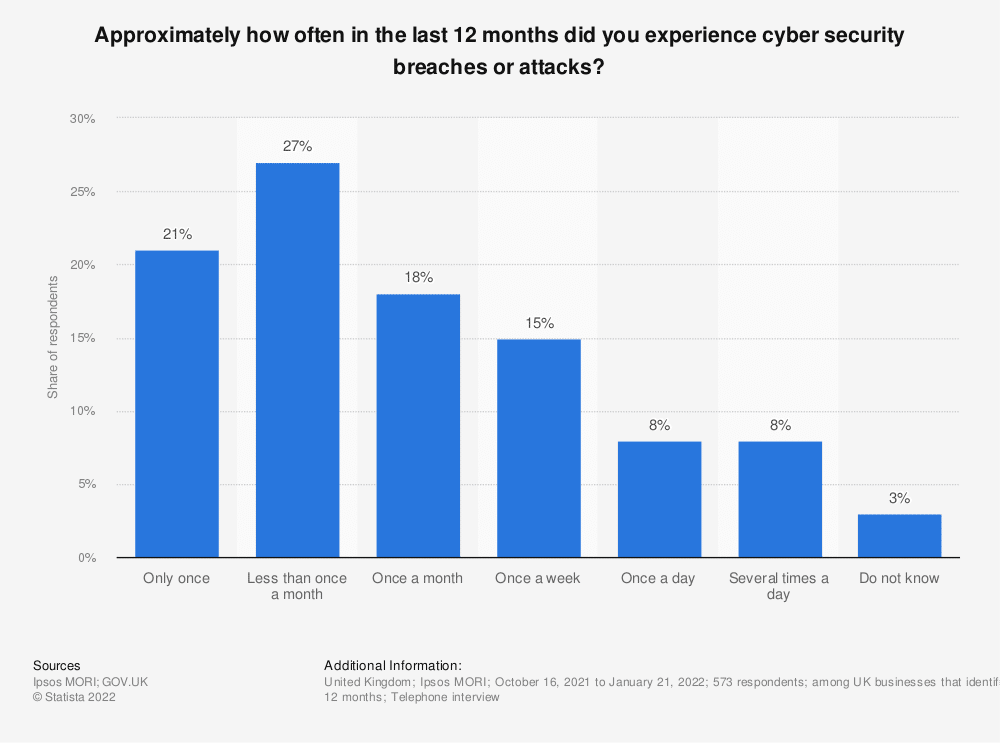As I delve deeper into my research on the usability of the product configurator Banner Maker, a crucial question arises: how can we ensure that our assessment of product configurators’ usability and user experience is conducted ethically, particularly when it comes to accessibility?
In this blog post, I will take a closer look at the ethical considerations in my research plan and explore concrete steps I will take to navigate these issues to ensure that my research is conducted ethically, responsibly, and inclusively. From protecting participants’ privacy and confidentiality to considering the rights and needs of users with disabilities, I will outline my plan for approaching these ethical considerations throughout the research process.
Ethical issues in the existing research plan
Privacy and confidentiality
In my research plan, I will collect data from participants, including personal information such as their age, gender and profession. This raises ethical concerns about protecting participants’ privacy and confidentiality (Tankala, 2022).
Data breaches are a substantial threat in today’s world. Each year, roughly four in ten businesses report having a cyber attack (UK Government, 2022).
- Source: https://www.statista.com
Considering the usage of online software to conduct these studies, a data breach of the server is possible. I will need to ensure that there are procedures in place so that there is minimal risk to participant data.
I will implement several measures to protect participants’ privacy and confidentiality. Firstly, I will obtain informed consent from participants (Ideo, 2015), clearly explaining the purpose of the research and how their data will be used. Secondly, by only storing essential and not personal information, I will ensure that all data collected is anonymous and cannot be traced back to individual participants. Thirdly, I will store all data securely and limit access to only those directly involved in the research. Finally, once the research is complete and materials are no longer needed. I will dispose of the usability test recordings.
Informed consent
In my research plan, I will recruit participants to complete tasks using the product configurator Banner Maker and collect data on their actions. This raises ethical concerns about obtaining informed consent from participants.
Informed consent is typically obtained by providing participants with information about the study and asking them to sign a consent form (Ideo, 2015). Being transparent about the study, how the data will be used, and the risks involved is crucial to gaining consent (Ideo, 2015).
The benefit of obtaining informed consent is that it helps participants to understand what they are signing up for (UK Government, 2018) and whether or not to participate in the research. Without informed consent, sessions can become ineffective (UK Government, 2018).
Inclusivity and accessibility
I intend to recruit a wide range of participants to partake in the usability testing, including people with disabilities. Therefore, I need to be aware of participants’ needs and make accommodations accordingly.
For example, participants who have mobility issues may have difficulty travelling to a usability testing lab (Partida, 2018). Others participants may have sight-related disabilities.
The benefit of recruiting a diverse sample of participants is that it ensures that the research is inclusive and representative of all users. However, recruiting a diverse sample can be time-consuming and impossible for all research projects.
To mitigate the risks outlined above, I will consult with a recruitment agency to lean on their knowledge and expertise to properly assess the risk and reward balance UK Government (2020). Not recruiting the right people will waste resources, including money and time (Querini, 2021).
By conducting the research online rather than in person, I can mitigate the challenges that people with mobility issues face by not requiring them to travel to a different destination.
Mitigating Bias
I have personal experience with usability testing and the issue of bias. I conducted usability research for a construction management software company in one previous study. The client we researched for requested to be in the room when the research was being conducted.
An issue arose when the client began to ask questions directly to the participants. From what I noticed, the participants seemed less honest when the client (in this case, the software designer) did this.
The client seemed keen to get positive feedback. The participant wanted to appease, so it was a waste of time.
By including only UX professionals or third-party moderators, we mitigate the risk of bias by being entirely neutral about the tested product (Partida, 2018).
Digital recommendations to follow to avoid unethical practices
I cannot overstate the importance of ethical considerations in research. Ensuring that I conduct research ethically and responsibly is crucial for protecting the rights and well-being of participants and maintaining the research’s integrity. By implementing the measures outlined above, I aim to ensure that my research is conducted ethically and responsibly and that the findings are trustworthy and valid.
To summarise, here is my brief list of digital recommendations to follow so that unethical practices can be avoided during usability testing:
- Protect users’ privacy by collecting only essential information (Tankala, 2022). Once the study is complete, delete or destroy any information gathered, including recordings. I advise consulting a legal expert to ensure that your policy for managing data is in accordance with data protection laws (UK Government, 2018).
- Obtain informed consent from all participants before the study begins (Ideo, 2015). Communicate to the participants the purpose, scope and risks involved with the study, including the risk of data breaches of their data (Ideo, 2015).
- Consider the needs of your participants, especially those with a disability. You need to consult each participant on their specific requirements. For example, a person with mobility issues must be considered when travelling to a UX lab (Partida, 2018).
- Avoid bias within your findings by including neutral, third-party moderators to conduct the usability study (Partida, 2018).
- You can also avoid bias by conducting further studies to find patterns and gain richer insights into the problems you are trying to find (Whitenton, 2021).
Not following these recommendations may result in legal (UK Government, 2018) trouble and damage a company’s reputation. It will also negatively affect the results, making them biased and inaccurate.
References:
Ideo (2015) The Little Book of Design Research Ethics. ideo.com. [Online] https://f.hubspotusercontent30.net/hubfs/6474038/IDEO_The_Little_Book_of_Design_Research_Ethics.pdf.
Partida, R. (2018) Biases in concept and usability tests. Medium. [Online] https://uxdesign.cc/biases-in-concept-and-usability-tests-1d0756e469c4.
Tankala, S. (2022) Maintaining the Privacy and Security of Research Participants’ Data. Nielsen Norman Group. [Online] https://www.nngroup.com/articles/privacy-and-security/.
Querini, V. (2021) How to Conduct Inclusive UX Research [Complete Guide]. careerfoundry.com. [Online] [Accessed on 14th January 2023] https://careerfoundry.com/en/blog/ux-design/inclusive-ux-research/#best-practices-for-making-your-user-research-more-inclusive.
Whitenton, K. (2021) Triangulation: Get Better Research Results by Using Multiple UX Methods. Nielsen Norman Group. [Online] https://www.nngroup.com/articles/triangulation-better-research-results-using-multiple-ux-methods/.
UK Government (2018) Data Protection Act. Gov.uk. [Online] https://www.gov.uk/data-protection.
UK Government (2020) Finding participants for user research. GOV.UK. [Online] https://www.gov.uk/service-manual/user-research/find-user-research-participants.
UK Government (2022) Cyber Security Breaches Survey 2022. GOV.UK. [Online] https://www.gov.uk/government/statistics/cyber-security-breaches-survey-2022/cyber-security-breaches-survey-2022#chapter-5-incidence-and-impact-of-breaches-or-attacks.


